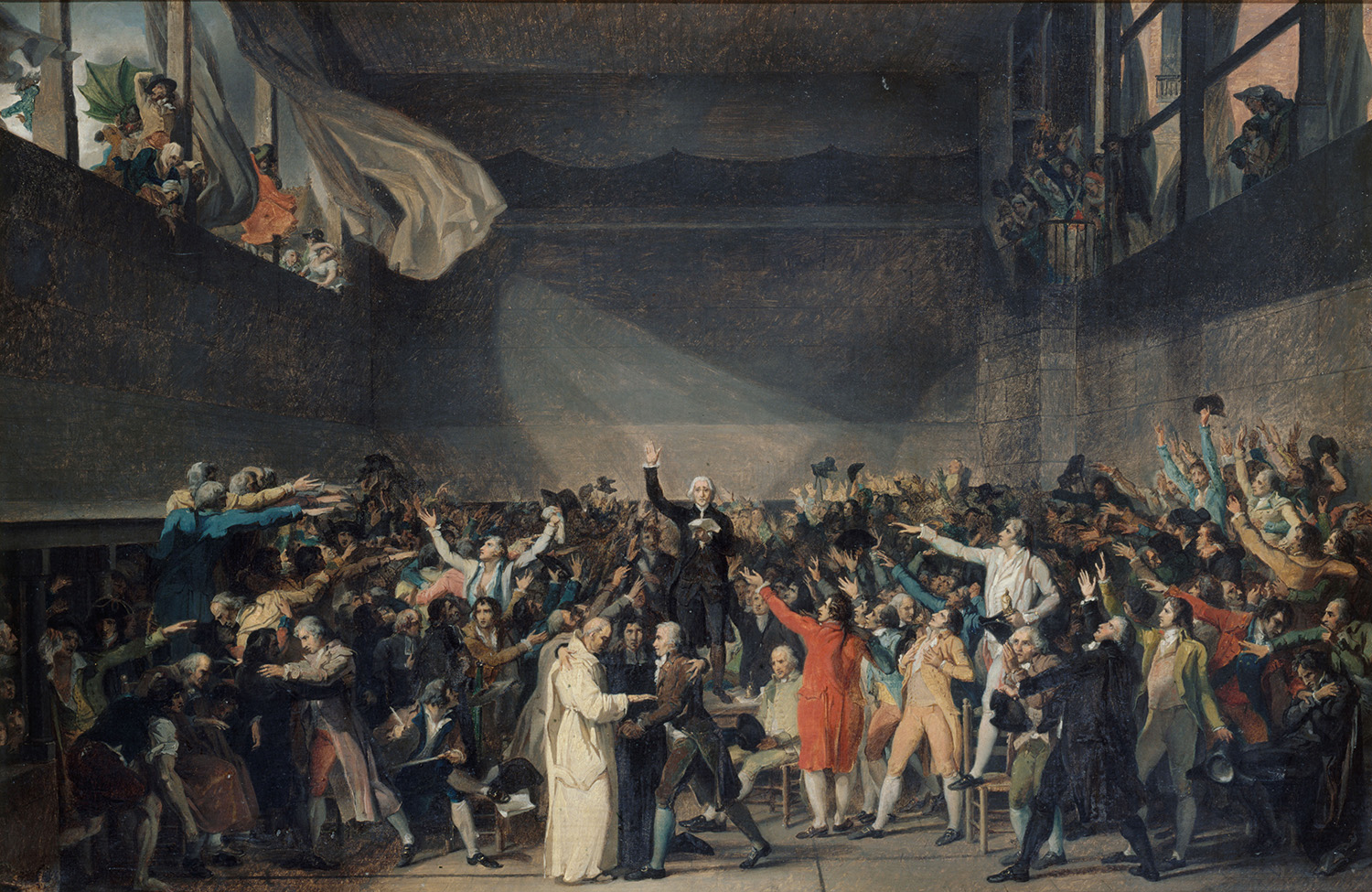Talk by Jo Guldi, Full Professor of Quantitative Methods at Emory University, Atlanta.
This talk explores the concept of “reparative democracy,” as articulated by Wendy Brown, in the context of contemporary struggles over information, governance, and justice. Brown’s call for repair requires a historically informed democracy, one that reckons with its exclusions and dependencies, from racial injustice to the entanglement of capitalism with fossil fuel consumption. Yet, while Brown addresses the structural inequities of democracy, her framework does not fully account for the role of technology and data in modern governance. This talk extends the conversation by examining the historical relationship between democracy and information infrastructures, from bureaucratic record-keeping to digital platforms.
Jo Guldi will argue that the battle over democracy today is, in many ways, a battle over access to knowledge: what is recorded, who controls it, and how it shapes public understanding. The disappearance of crucial datasets, the algorithmic manipulation of political discourse, and the rise of opaque digital governance all threaten democratic accountability. Drawing on historical examples of “auditing from below” and contemporary digital humanities methodologies, she proposes strategies for reclaiming democratic access to information. She will introduce a project called Democracy Viewer, which provides citizen access to text mining for large-scale textual corpora, and she will discuss the democratic, humanistic, and historical principles upon which the app was designed. The stakes are clear—without shared knowledge of the past and present, the very foundation of democracy is at risk.
Drawing by Jacques-Louis David of the Tennis Court Oath. Musée Carnavalet
